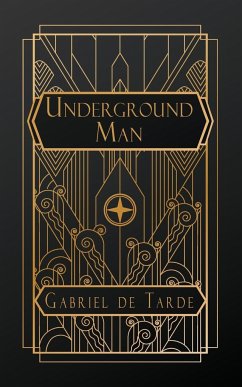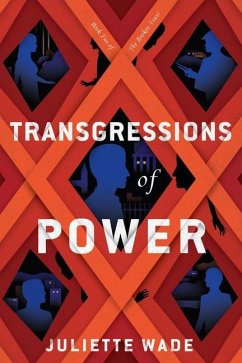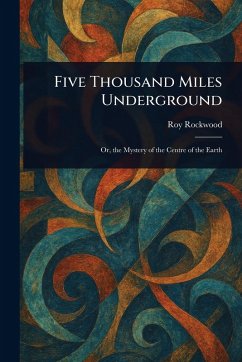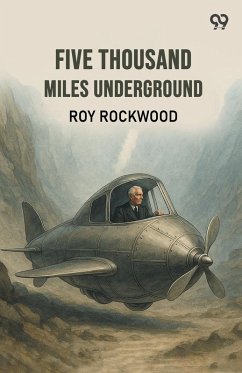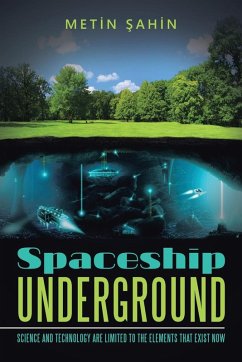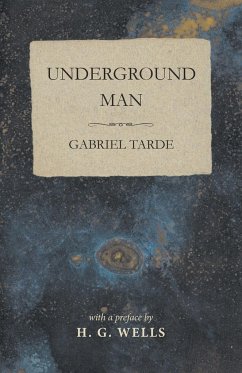
Underground Man
Versandkostenfrei!
Versandfertig in 1-2 Wochen
16,99 €
inkl. MwSt.
Weitere Ausgaben:

PAYBACK Punkte
8 °P sammeln!
"The Underground Man" is a science fiction novel introduced by H. G. Wells. After mankind has undergone a radical social evolution in regards to group cooperation and herd behaviour, the sun unexpectedly dies, forcing the survivors underground. They take with them the greatest works of art and literature, only to one day emerge and create a Utopia on earth's surface. Herbert George Wells (1866 - 1946) was a prolific English writer who wrote in a variety of genres, including the novel, politics, history, and social commentary. Today, he is perhaps best remembered for his contributions to the sc...
"The Underground Man" is a science fiction novel introduced by H. G. Wells. After mankind has undergone a radical social evolution in regards to group cooperation and herd behaviour, the sun unexpectedly dies, forcing the survivors underground. They take with them the greatest works of art and literature, only to one day emerge and create a Utopia on earth's surface. Herbert George Wells (1866 - 1946) was a prolific English writer who wrote in a variety of genres, including the novel, politics, history, and social commentary. Today, he is perhaps best remembered for his contributions to the science fiction genre, thanks to such novels as "The Time Machine" (1895), "The Invisible Man" (1897), and "The War of the Worlds" (1898). "The Father of Science Fiction" was also a staunch socialist, and his later works are increasingly political and didactic. Many vintage books such as this are becoming increasingly scarce and expensive. We are republishing this book now in an affordable, modern, high-quality edition complete with a specially commissioned new biography of the author.




